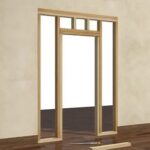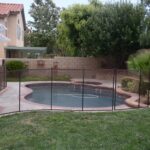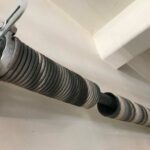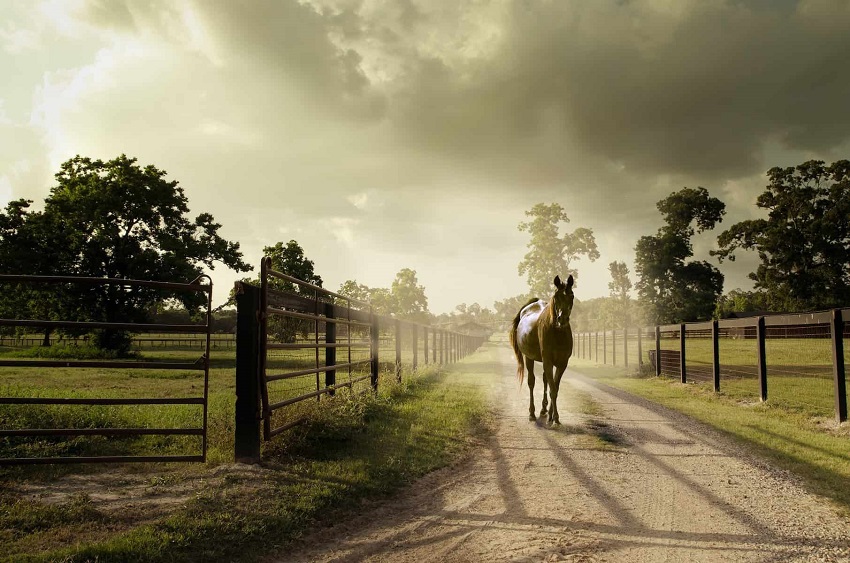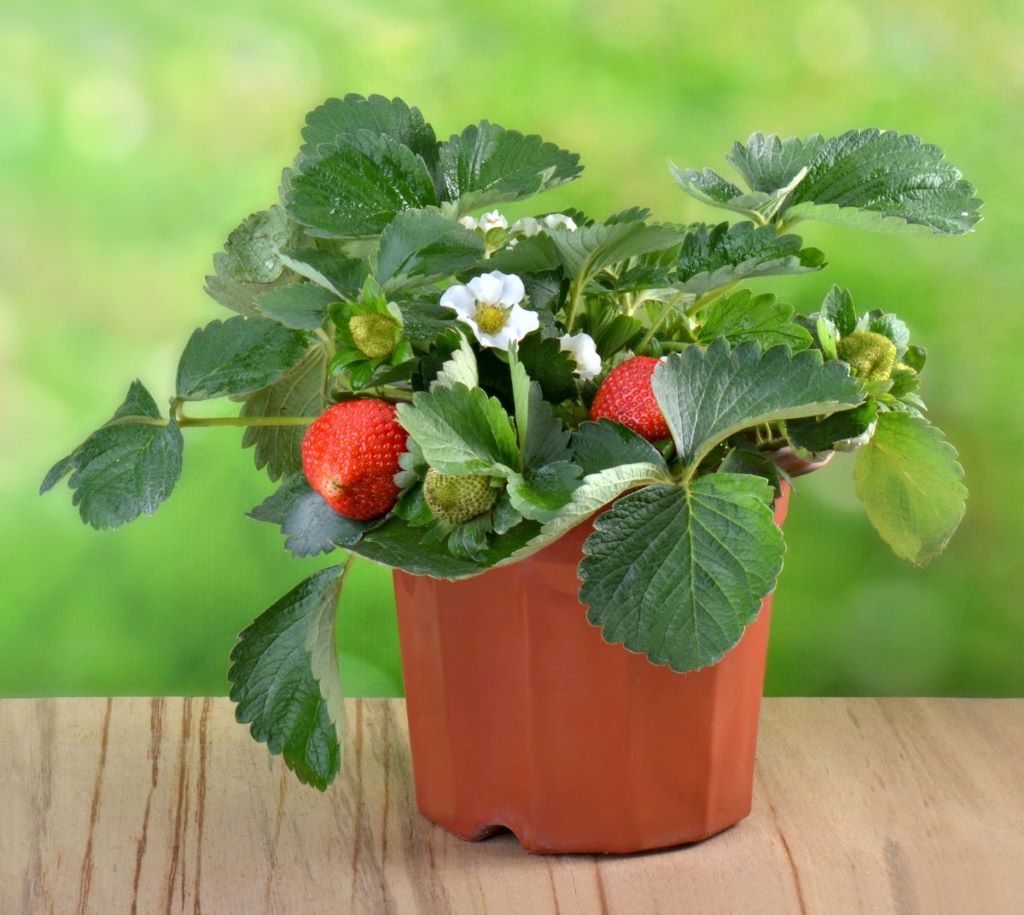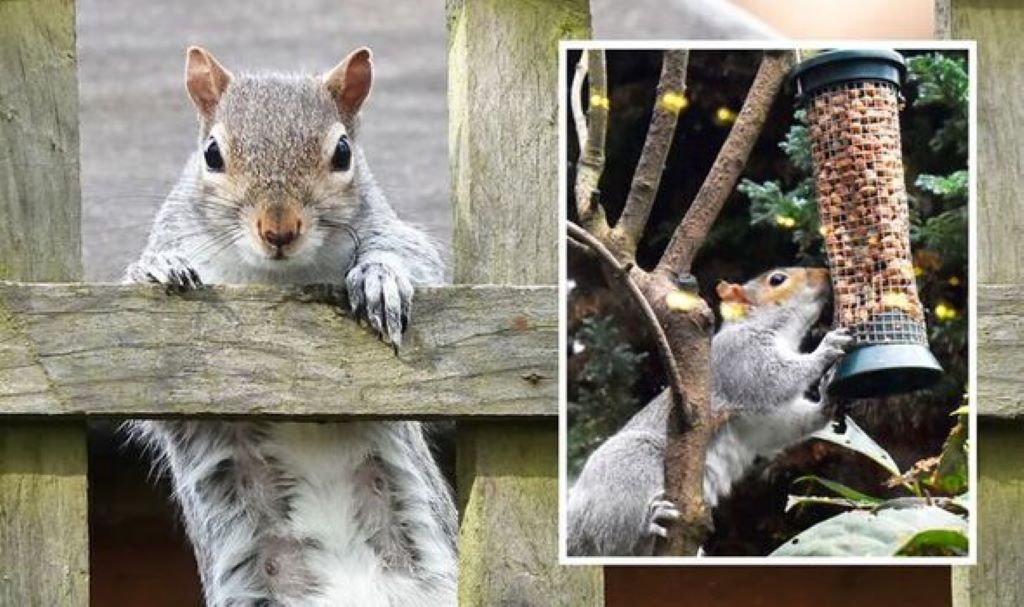As a responsible pet owner or a farmer, ensuring the safety and security of your animals is of utmost importance. One effective way to achieve this is by investing in the right type of fencing. But with so many fencing options available in the market, it can be challenging to determine which one suits your needs best. In this article, we’ll explore the different types of fencing suitable for various animals, from household pets to livestock, helping you make an informed decision to protect your furry or feathery friends. The article is submitted by https://www.bulksgo.com
Understanding the Importance of Good Fencing
Before delving into specific types of fencing, let’s understand why good fencing is essential. Fences not only keep your animals within a designated area but also safeguard them from potential threats outside, such as predators or busy roads. They provide a sense of security, freedom, and prevent animals from straying, ultimately leading to a healthier and happier life for them.
Wooden Fencing for Dogs and Small Animals
Wooden fences are a classic choice when it comes to creating a secure space for dogs and small animals. They offer both privacy and protection. Additionally, they can be aesthetically pleasing, blending well with your landscape. However, it’s crucial to check the height and gaps between the wooden panels to prevent small pets from squeezing through. Discover the strongest fence.
Chain-Link Fencing for Versatility
Chain-link fences are versatile and can be used for various animals, including dogs, cats, and even poultry. They are cost-effective, low-maintenance, and provide visibility, allowing you to keep an eye on your animals. However, they might not be suitable for animals that tend to chew or scratch, as they can cause injuries.
Vinyl Fencing for Durability
Vinyl fencing is an excellent option for pet owners looking for durability and aesthetics. It is resistant to weather elements, does not rot or fade, and requires minimal maintenance. Vinyl fences can be used for both dogs and horses, ensuring they are safe and secure within their designated areas.
Electric Fencing for Livestock
Electric fences are widely used for containing livestock, such as cattle, horses, and sheep. They deliver a mild electric shock when touched, teaching the animals to stay away from the fence. Electric fencing is effective in deterring predators as well. However, proper installation and maintenance are crucial to ensuring its functionality.
Woven Wire Fencing for Chickens and Rabbits
If you’re raising chickens or rabbits, woven wire fencing is an excellent choice. It prevents predators from getting in while allowing your small animals to graze freely and enjoy fresh air. Ensure that the gaps in the mesh are small enough to keep predators out.
Welded Wire Fencing for Security
Welded wire fences offer security and visibility, making them suitable for various animals. They are commonly used for dogs, goats, and pigs. However, consider the size of the animals and the strength of the welded wire to ensure it can withstand their weight and pressure.
High Tensile Fencing for Large Livestock
For larger livestock, such as cattle and horses, high tensile fencing is a reliable choice. It is incredibly strong and can withstand the force exerted by these animals. Moreover, it requires fewer posts, making it a cost-effective option in the long run.
Invisible Fencing for Dogs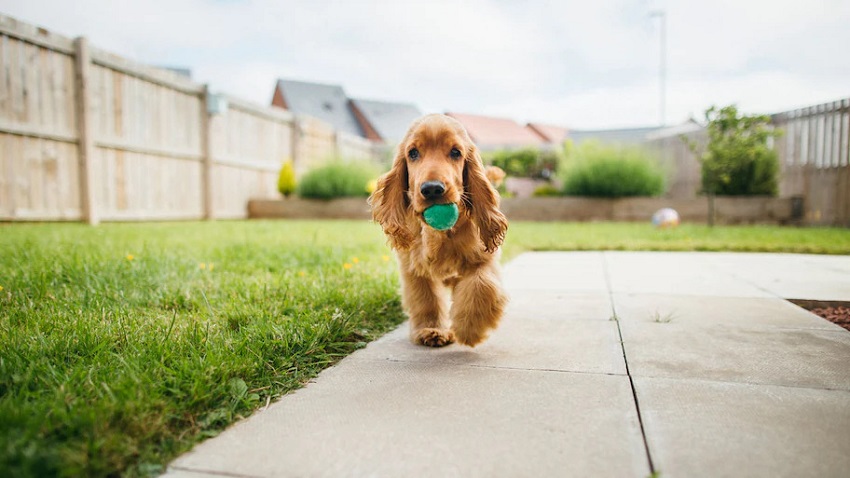
Invisible or underground electric fencing is a popular choice for dog owners who want to keep their pets within specific boundaries without obstructing the view. However, it’s essential to combine invisible fencing with proper training to ensure that dogs understand their boundaries.
Barbed Wire Fencing for Large Properties
Barbed wire fencing is commonly used on large properties for livestock. It acts as a deterrent for large animals and helps to keep them from wandering. However, barbed wire can be dangerous and should be used with caution, especially in areas with public access.
Hog Wire Fencing for Hog Confinement
Hog wire fencing is designed specifically for hog confinement. It prevents hogs from escaping while ensuring they have sufficient space to move around comfortably. Regular maintenance is necessary to avoid rust and ensure its effectiveness.
PVC Coated Fencing for Horses
PVC coated fencing offers a secure and visually appealing option for horses. The smooth surface prevents injuries to the animals caused by splintering or sharp edges. It also adds an elegant touch to the equestrian environment.
Split Rail Fencing for Aesthetics
Split rail fencing is often used for decorative purposes and to establish property boundaries. While it might not be suitable for containing small animals, it can serve as a visible boundary for larger animals like horses.
Farm Fencing for All-Round Solution
Farm fencing, a combination of different fence types, offers an all-round solution for various animals on a farm. It can be customized to suit specific needs and provide the necessary security and safety.
Conclusion
Selecting the best fencing for your animals is a crucial decision. Each type of fencing has its advantages and considerations. Consider the animal’s size, behavior, and specific needs, along with your budget and property size. Remember to prioritize safety and functionality when making your choice.
FAQs
Q: Can I use electric fencing for small animals like rabbits?
A: Electric fencing might not be suitable for small animals like rabbits as it can cause harm due to their size. Opt for safer alternatives like woven wire fencing.
Q: How high should a fence be to contain large dogs?
A: A fence should be at least 6 feet high to contain large and active dogs effectively.
Q: Is barbed wire fencing legal in all areas?
A: Barbed wire fencing might have specific regulations in some areas due to its potential danger. Check local laws and regulations before installing it.
Q: Can invisible fencing replace traditional fencing for dogs?
A: Invisible fencing can be a supplementary measure, but it is not a substitute for physical barriers, especially if your dog is not trained properly.
Q: How often should I inspect and maintain my fences?
A: Regularly inspect your fences for damages and wear, and perform maintenance as needed to ensure their effectiveness and longevity.


